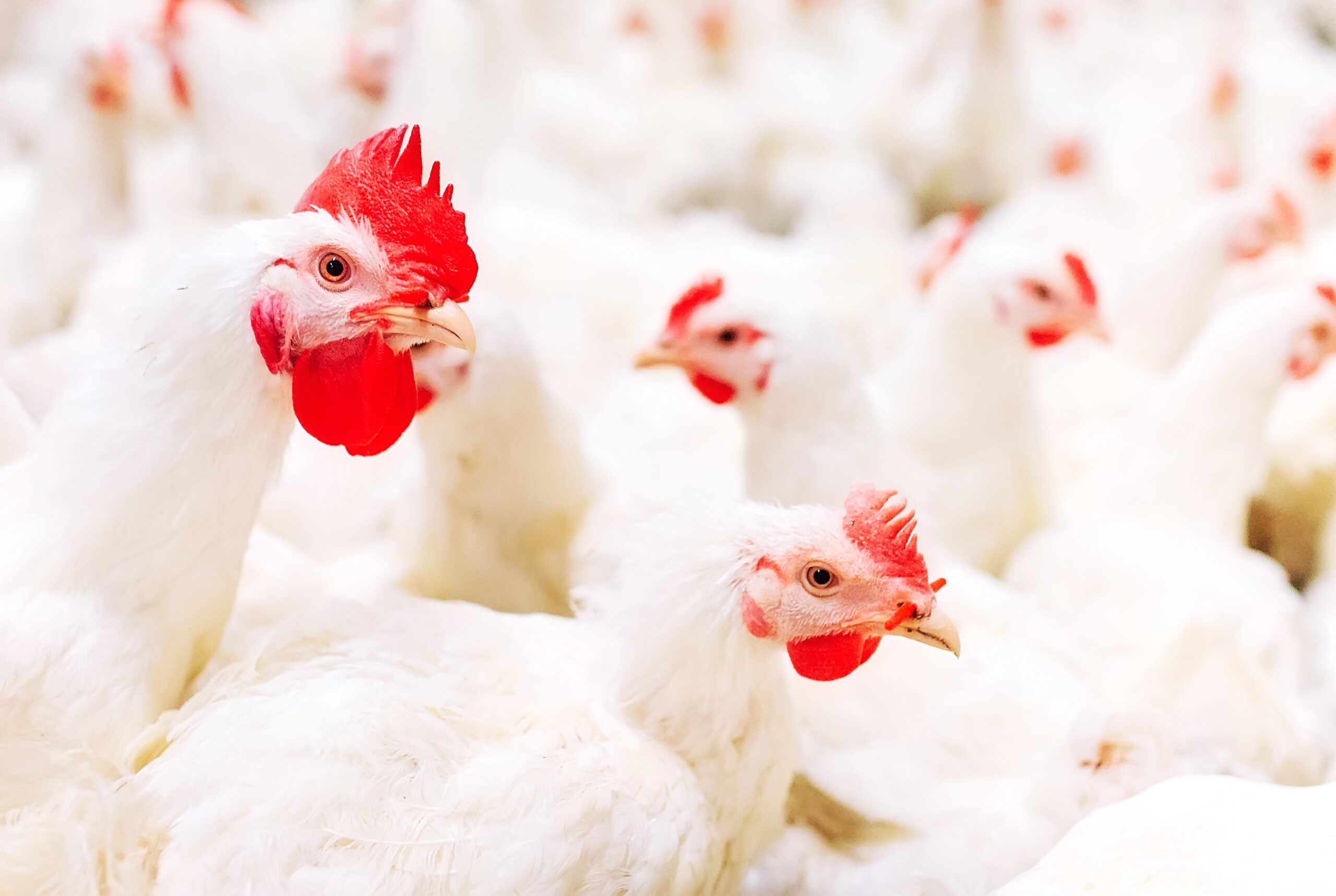The highly pathogenic H5N1 virus, also known as avian flu or bird flu, was first identified in 1996 in China. Since then, the virus has produced numerous genotypes and impacted scores of farmed and wild birds worldwide. In the United States (US), the latest bird flu outbreak has had severe consequences for farmers and consumers alike, ravaging bird flocks and sending egg prices soaring. Unfortunately, the impact goes well beyond eggs: H5N1 has also surfaced in wild and domestic mammals, including zoo animals and cattle. Now, new data from the Centers for Disease Control and Prevention (CDC) indicates that a newly emerged genotype of H5N1 has likely spread from dairy cows to humans. Below, we’ve outlined how bird flu continues to evolve, and what this could mean for cross-species infection.
How Bird Flu Is Transmitted Across Species
The CDC, along with health officials in Nevada, detailed the recent cross-species H5N1 case in a news release on February 10, 2025. Per the release, health officials detected the first human case of H5N1 recorded in the state: a farm worker who was presumed to be infected by cows carrying the D1.1 genotype of H5N1. The worker’s symptoms were relatively mild. Additionally, no further human cases connected to the worker have been identified. However, the potential for cross-species transmission has led some health officials to express concern over the virus’s ongoing evolution.
Bird Flu Genotype Jumps Species Barrier
This is far from the first case of H5N1 in humans. In fact, it marked the 68th case of H5N1 in humans found in the US since 2024. Experts are concerned about the ability of this specific, new genotype of the virus — the D1.1 genotype, which infected the individual in Nevada — to cross species barriers. The CDC reports that D.1.1 has become the prevalent type of H5N1 currently circulating in wild birds; additionally, D.1.1. was tied to the first human death from H5N1 during the latest U.S. outbreak, an individual believed to have contracted the virus from birds in a non-commercial backyard flock.
While human infections of H5N1 are not a new phenomenon, this specific genotype is concerning for several reasons. First, experts have observed the virus spreading from birds to cows, then from cows to humans, suggesting that this particular genotype may have evolved to infect mammals more readily. In fact, USDA officials have identified an alarming mutation in the cow-derived strains of D.1.1. This particular mutation is specifically associated with mammalian adaptation, and therefore poses a more concerted risk to humans. Ultimately, a dynamic virus like H5N1 may have the potential to evolve into a public health crisis with a much bigger footprint.
_____
H5N1 does not yet appear to be capable of spreading from person to person, and immunity from seasonal flu may offer some level of protection against the virus. But as H5N1 circulates between species and develops new mutations and strains, the risk of a novel strain — a strain well-adapted to infecting humans — continues to increase. With that increased risk comes the possibility of a new pandemic flu event.
Did you enjoy this blog post? Check out our other blog posts as well as related topics on our Webinar page.
QPS is a GLP- and GCP-compliant contract research organization (CRO) delivering the highest grade of discovery, preclinical and clinical drug research development services. Since 1995, it has grown from a tiny bioanalysis shop to a full-service CRO with 1,100+ employees in the US, Europe and Asia. Today, QPS offers expanded pharmaceutical contract R&D services with special expertise in pharmacology, DMPK, toxicology, bioanalysis, translational medicine, cell therapy (including PBMCs, leukopaks and cell therapy products) and clinical development. An award-winning leader focused on bioanalytics and clinical trials, QPS is known for proven quality standards, technical expertise, a flexible approach to research, client satisfaction and turnkey laboratories and facilities. Through continual enhancements in capacities and resources, QPS stands tall in its commitment to delivering superior quality, skilled performance and trusted service to its valued customers. For more information, visit www.qps.com or email info@qps.com.








